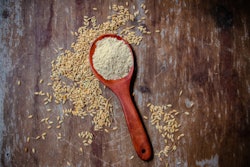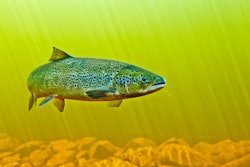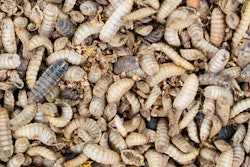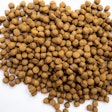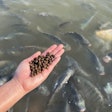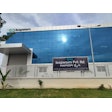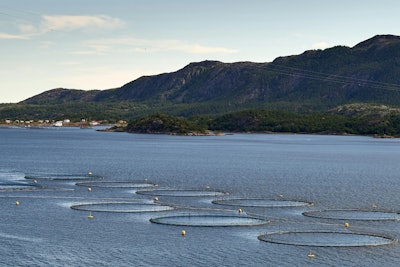
The F3 – Future of Fish Feed initiative recently announced the winners of its F3 Krill Replacement Challenge, awarding BRF Ingredients and Symrise the $100,000 grand prize. These two companies jointly earned first place for their innovative, marine-free alternatives to krill in aquaculture feed: BRF Ingredients developed a chicken hydrolysate, while Symrise offered a protein hydrolysate.
F3 – Future of Fish Feed is a collaboration between NGOs, academic institutions and private companies, aiming to accelerate the development and adoption of sustainable aquaculture feed ingredients that reduce reliance on wild-caught fish and krill. The initiative hosts industry challenges to promote innovation in feed alternatives and address growing environmental concerns.
The Krill Replacement Challenge, the fourth in the F3 series, was designed to inspire alternatives to krill-based feed attractants and palatants. Krill are vital to ocean ecosystems, serving as a key food source for many marine species, but they are increasingly threatened by overfishing, climate change, and industrial harvesting. Replacing krill in aquaculture feed is considered essential to preserve marine biodiversity and reduce pressure on ocean resources.
Ten finalists from an initial pool of 40 global entrants competed in a 12-week feed trial on Atlantic salmon. The winning products were judged based on salmon growth, feed consumption, and survival rates—all while being entirely free of marine animal ingredients.
In addition to the winners, three companies received honorable mentions for their strong performance: Calysseo (China) with single-cell protein, Orffa Additives (Netherlands) with an amino acid extract, and Phileo by Lesaffre (France) with a yeast extract.
According to Kevin Fitzsimmons, chair of the F3 - Future of Fish Feed Initiative and a professor at the University of Arizona, the challenge highlighted the industry's capacity for innovation and proved that multiple viable alternatives to krill exist. These solutions are expected to support the continued growth of sustainable aquaculture and help producers transition to “fish-free” feed options without compromising performance.
The F3 Initiative maintains that the current state of wild fish stocks cannot meet the protein demands of the growing global population. It emphasizes the need for scalable, sustainable feed solutions to ensure the future of aquaculture.
The organization’s first three challenges focused on replacing wild-caught forage fish, and the next contest, scheduled for summer 2025, will address whole fish farm production.

